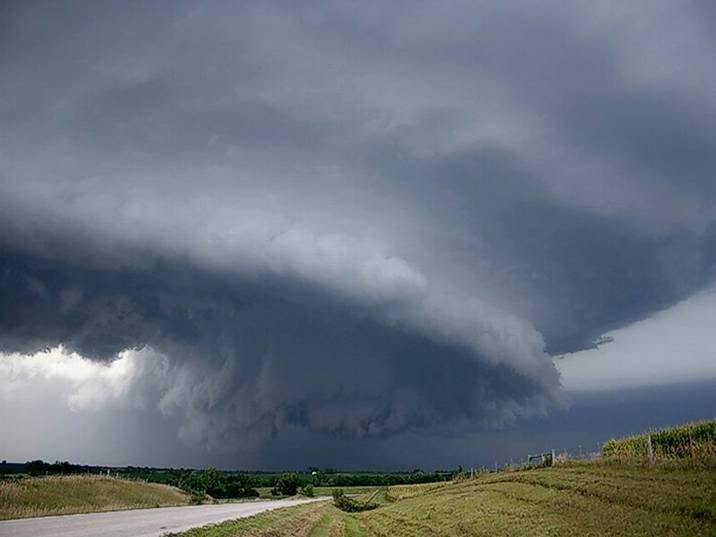
I always dread this week's scripture passage, from Matthew. Reading past the joyous bits of the Christmas story, it takes us rather quickly to reminders of the harsh realities of life.
So, our joy at celebrating the divine being incarnate--human--in Jesus the Christ, hits up against the reality that humans can be brutal. Especially humans who are afraid of losing their power. In this week's scripture, it's King Herod, but he's not so special: he enacts the same ugly, dispicable violence that others chose before and since. He murders innocent people in an attempt to prevent one who might question his authority.
Joseph, who plays the part of father to Jesus, gets a message from an angel in a dream, and flees to Egypt so that Jesus might avoid being murdered.
Ah, that this was a unique story!
We immediately recall the ugliness of Pharaoh's order to kill children in Egypt, back when Moses was a small boy. And, we think of so many others. Victims of genocide, "collateral damage" in war, refugees around the world.
Of course, we also know more of the story that will come: every week, as we celebrate Holy Communion, we remember Jesus broken body in our broken bread. We know that, though he avoids Herod's murderous order here, he will yet find his own death.
And, we know that he will show us a way to be connected to God that frees us from fear of death. Not because we imagine that the world is all sweetness and light, but because we know God's presence with us and with all creation here and now, and way, way beyond.
So maybe it is a joyous Christmas story, even with all its violence. We've noticed that there's ugly, unjust, brutal violence in the world. Here, we're given a chance to know and give thanks for God's presence with us in the midst of that reality, and we're invited to a new reality, in which even such violence cannot have ultimate power over us. We're invited to know God's love deeply, and we're invited to dare to respond to the world with the same grace that Jesus the Christ lived.
My hope is that it will also inspire us to be more attentive to those who suffer from unjust violence in our world--that our retelling of this story will help direct our living in such a way that we will claim the reality of the dignity and holiness of all creation, and that it will mean we fearlessly care for one another.






























